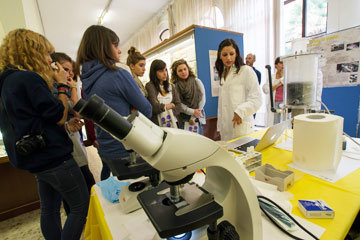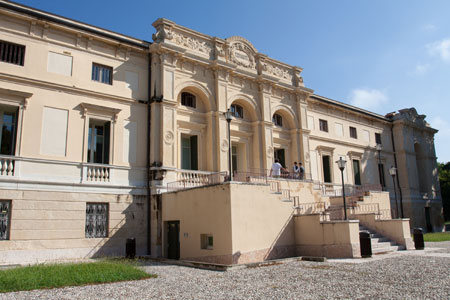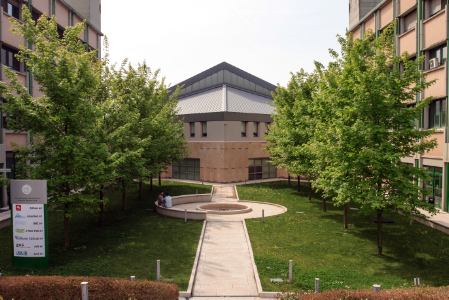Despite the enormous improvements accomplished in the sequencing methods over the last ten years, next generation sequencing technologies are still characterized by consistent limits that hamper a comprehensive genome analysis. Short-reads sequencing approaches, such as Illumina, are indeed unable to properly resolve low complexity or highly homologous regions and to determine the haplotype phasing. As a consequence, some genomic features, and in particular large structural variations (SVs), still constitute the Dark-Side of the genome. This background pushed the development of new genomic methods, such as third generation sequencing technologies, sequencing based on linked-reads and optical mapping, that produce long-range data able to bypass such limitations. However, these technologies are still not widely implemented and little is known on their relative performances nor on their specific advantages.
The project aims to implement the optical mapping and the linked-read sequencing to characterize two complex genetic conditions where traditional approaches fail or are seriously hampered: (i) chromotripsis, i.e. cases of multiple chromosomal re-arrangements that results from a single catastrophic event of massive DNA breakage and reassembly, and (ii) SMN1 2+0 carriers, i.e. Spinal muscular atrophy carriers with 2 copies of SMN1 localized on a single chromosome. These cases will serve as Proof-Of-Concept studies to identify the capability of the two technologies respectively to (i) reconstruct complex chromosome structure characterized by inversions and balanced translocations and (ii) long-haplotype phasing, aspects currently unresolved by the most common approaches, such as CGH-arrays.
The results of the project and the identification of suitable protocols will favour SV analysis, a more wide application of these innovative technologies, and serve as starting point for future applied projects aimed at their implementation also in the clinical settings.







